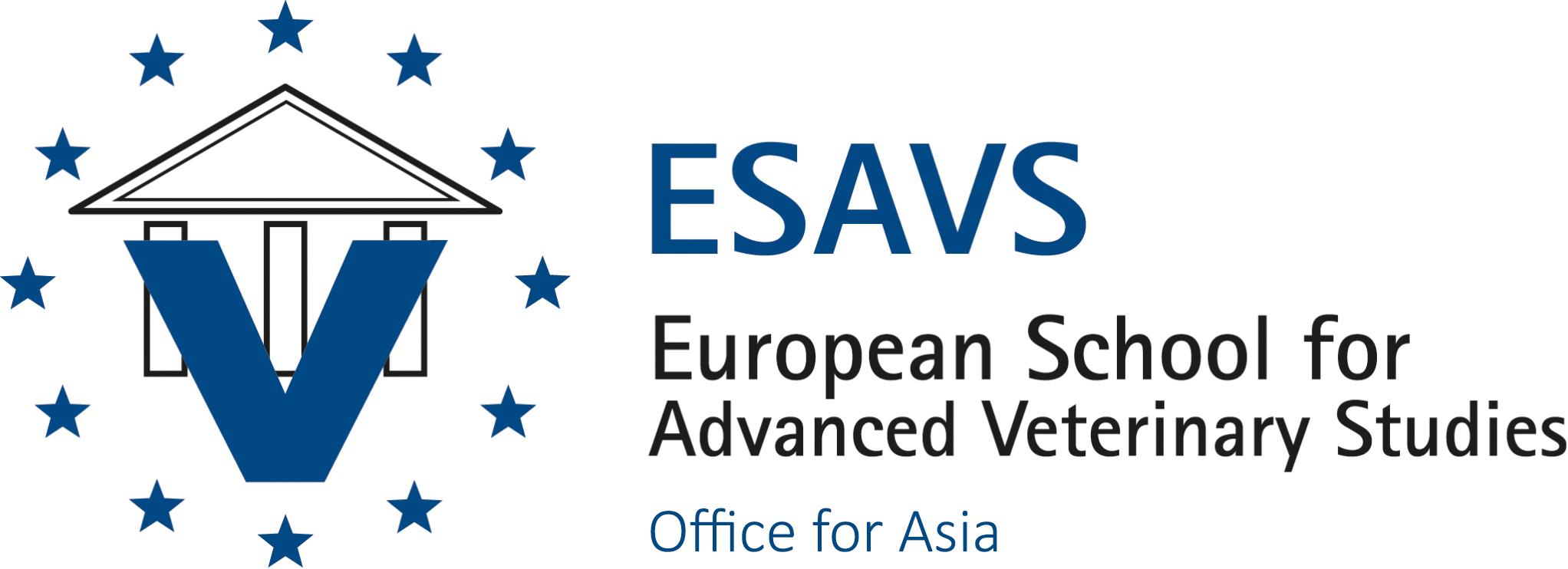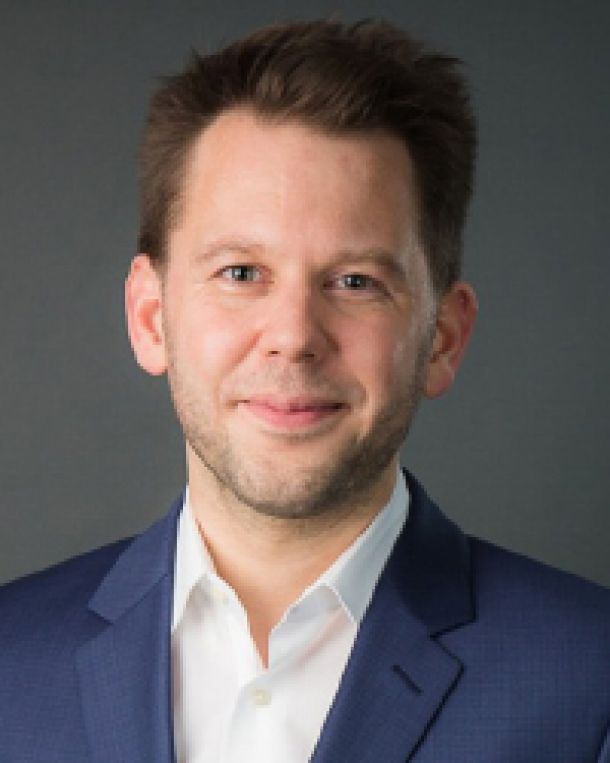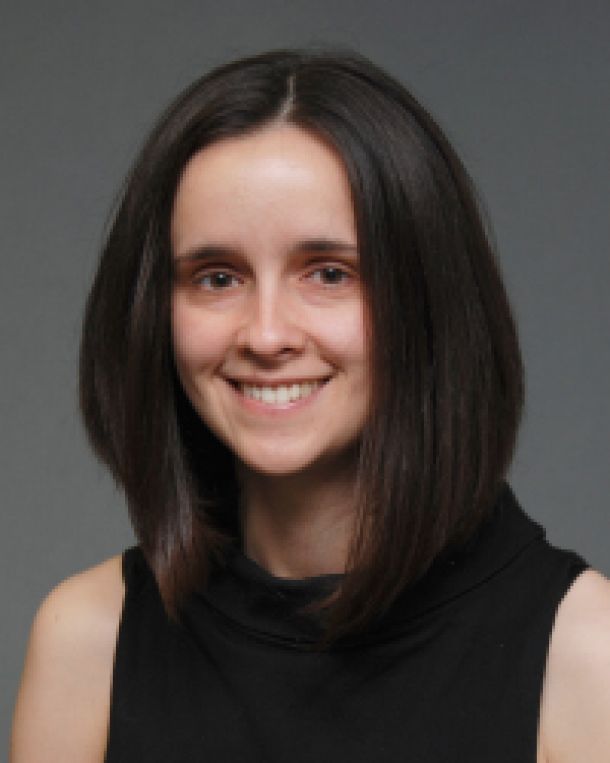Oncology 1:
Tumour Biology, Diagnostic and Treatment Options & Skin Tumours
18 - 22 August 2025 | Bali, Indonesia
General Overview
General Overview
Over the past decade, our knowledge of cancer in animals has increased rapidly. More and more veterinarians and clients are becoming open-minded about treating canine and feline cancer patients. “Oncology 1” will start with the diagnostic approach to the cancer patient, including biopsy taking, staging procedures, diagnostic imaging options as well as several practical cytology sessions. Further, there will be a detailed discussion of the three main treatment options (surgery, radiation therapy, chemotherapy) and of novel cancer drugs (e.g. tyrosine kinase inhibitors (Palladia™, Masivet™), Stelfonta™, metronomic chemotherapy). Management of side effects and safe handling of chemotherapeutic drugs will be explained in detail.
“Oncology 1” will address neoplasms of the skin and adnexal structures in detail as they are the most common tumours in clinical practice. A major emphasis of the course will be on interactive and case oriented work using a systematic approach to the cancer patient including recognizing symptoms, interpreting radiographic findings, choosing correct staging procedures and formulating a therapeutic plan.
“Oncology 1” will start from scratch and provide a very solid basis of oncological principles and skin tumours. It is ideal for veterinarians with little or no previous knowledge in veterinary oncology, but also suitable for people, who want to deepen their understanding. This course includes both medical and surgical oncology (including surgical techniques) and is therefore ideal for candidates interested in either or both.
“Oncology 2” and “Oncology 3” will build up on this seminar and address all the remaining tumour systems in great detail. As in Oncology 1, there will be a major focus on interactive case management and there will be a balance between both medical and surgical oncology.
Oncology 1 is mandatory before continuing on to the next courses. Oncology 2 and Oncology 3 can be taken in any order. Oncology 4 can be taken only after completion of all Oncology modules.
Important Note:
Cytology will be done with videos. Students must bring a laptop/tablet/phone for self-studying cytology. A laptop or tablet is preferred. Bring travel adapters and/or chargers.
Topics:
- Tumour biology 101 for clinicians
- Diagnostic imaging and tumour staging strategies
- Biopsy techniques: theory and practice
- Tumour cytology: theory and practical sessions (dry-lab: videos)
- Paraneoplastic syndromes
- Understanding indications, limitations and risks involved with chemotherapy
- How to safely administer chemotherapy
- How to use the tyrosine kinase inhibitors Palladia™ and Masivet™
- How to use Stelfonta™ (Virbac) (EMEA licenced in 2020)
- Principles of surgical oncology including reconstruction in oncologic surgery
- Principles of radiation oncology
- Important skin tumours in dogs and cats
- Interactive case management sessions
Language
This course is in English language.
Open for Newcomers!
CPD Hours: 40
Tuition Fee: 1,375 - 2,350 Euro
Course Language: English
Monday, 18 August 2025
08:30 – 09:00 Welcome and registration
09:00 – 10:30 The road from normal to cancer: how & why do normal cells become cancerous…and what does that mean? (Schmidt)
10:30 – 11:00 Coffee Break
11:00 – 12:15 Diagnostic approach to the cancer patient (Schmidt)
12:15 – 12:45 Cancer staging: principles, practice, limitations (Schmidt)
12:45 – 14:00 Lunch Break
14:00 – 15:30 Introduction to chemotherapy (Schmidt)
15:30 – 16:00 Coffee Break
16:00 – 17:15 Chemotherapy drugs (Schmidt)
Tuesday, 19 August 2025
09:00 – 10:30 CASE-SESSION: How do I manage this chemotherapy side effect? (Schmidt)
10:30 – 11:00 Coffee Break
11:00 – 12:00 How do I avoid and manage iatrogenic chemotherapy complications? (Schmidt)
12:00 – 12:45 Chemotherapy administration (Schmidt)
12:45 – 14:00 Lunch Break
14:00 – 15:30 Tumour cytology: getting started (Schmidt)
15:30 – 16:00 Coffee Break
16:00 – 17:00 Tumour cytology practice I (videos) (self-study)
Wednesday, 20 August 2025
09:00-10:00 Tumour cytology practice I (videos) (self-study, continued)
10:00-11:00 Tumour cytology practice I (videos) (review) (Schmidt)
11:00 – 11:30 Coffee Break
11:30 – 12:30 Metronomic chemotherapy: hype or hope” (Schmidt)
Basic principles of radiation therapy (Schmidt)
12:30 – 13:30 Lunch Break
13:30 – 14:00 Principles and practice of pain-management for cancer patients (Selmic)
14:00 – 15:00 How do I biopsy masses for histological examination? (Selmic)
15:00 – 15:30 Coffee Break
15:30 – 17:00 Case-based approach to surgical oncology (including Coffee Break) (Selmic)
Thursday, 21 August 2025
09:00 – 09:45 Canine & feline skin tumours: overview & general approach (Selmic)
10:00 – 10:30 Case management (Selmic): Canine and feline soft-tissue sarcomas part I
10:30 – 11:00 Coffee Break
11:00 – 11:30 Case management (Selmic): Canine and feline soft-tissue sarcomas part 2 continued
11:30 – 12:45 Case management session (Selmic): squamous cell carcinomas (digit, skin, nasal planum) & melanomas (digit, skin) in dogs (and cats (only briefly, will cover in depth in feline oncology))
12:45 – 14:00 Lunch Break
14:00 – 15:00 Canine anal sac and perianal tumours (Selmic)
15:00 – 17:30 Practical tumour cytology II (incl. coffee break) (self-study)
Friday, 22 August 2025
09:00 – 09:45 Tumour cytology practice II (videos) (review) (Schmidt)
09:45 – 10:45 Canine mast cell tumours: epidemiology, biology, diagnosis, staging, histology, prognostic factors, principles of surgery, decision-making (Selmic)
10:45 – 11:15 Coffee Break
11:15 – 12:45 Drug treatment of canine mast cell tumours: tyrosine kinase inhibitors chemotherapy, Stelfonta (Virbac)
12:45 – 13:00 Casus, Master vs Certificate Program, Feedback, Q&A (Schmidt)
13:00 – 14:15 Lunch Break & hotel check out
14:15 – 14:45 Case management: Feline cutaneous & splenic mast cell tumours (Schmidt)
14:45 – 15:30 Paraneoplastic syndromes: General principles & case management I (Schmidt)
15:00– 15:30 Coffee break
15:30 – 16:30 Paraneoplastic syndromes: case management II (Schmidt)
16:30 to end Certificates & wrap-up of the course
Registration and Fees
Discount tuition fee for Thailand, Indonesia, Philippines, Malaysia, India, Sri Lanka, China, Pakistan, Lebanon and Vietnam: EURO 1.475,–
Early registration: Euro 1.375,--
(Deadline for FULL early registration payment: 18 May 2025)
Discount tuition fee for Japan, Macao, South Korea and Taiwan: EURO 1.920,–
Early registration: Euro 1.820,-
(Deadline for FULL early registration payment: 18 May 2025)
Tuition fee for Europe, Singapore, Hong Kong, Australia, New Zealand, United Arab Emirates, Canada, and USA: EURO 2.350,–
Early registration: Euro 2.250,-
(Deadline for FULL early registration payment: 18 May 2025)
Course Location
Hotel Nikko Bali Benoa Beach, Jl. Pratama No.68X, Tanjung, Benoa, Kec. Kuta Sel., Kabupaten Badung, Bali 80363, Indonesia
Related Courses
| Oncology 1: Tumour Biology, Diagnostic and Treatment Options & Skin Tumours (Course 1/5), Bangkok/Thailand, Dr. Schmidt | 05. - 09. May 2026 | |
| Oncology 2: Hematopoietic Tumours, Tumours of the Digestive Tract & Bone Tumours (Course 2/5), Chengdu/China, Dr. Schmidt | 11. - 15. May 2026 | |
| Feline Oncology, Beijing/China, Dr. Schmidt | 17. - 21. Aug 2026 | |
| Oncology 2: Hematopoietic Tumours, Tumours of the Digestive Tract & Bone Tumours (Course 2/5), Bangkok/Thailand, Dr. Schmidt | 24. - 28. Aug 2026 | |
| Oncology 4: Oncology Case Management (Course 4/5), Guilin/China, Dr. Schmidt | 26. - 30. Oct 2026 |
For payment via Bank Transfer or Paypal please contact the ESAVS Office for Asia:
If you have any questions regarding the registration or any other further details for the courses in Asia please contact the ESAVS Office for Asia:




